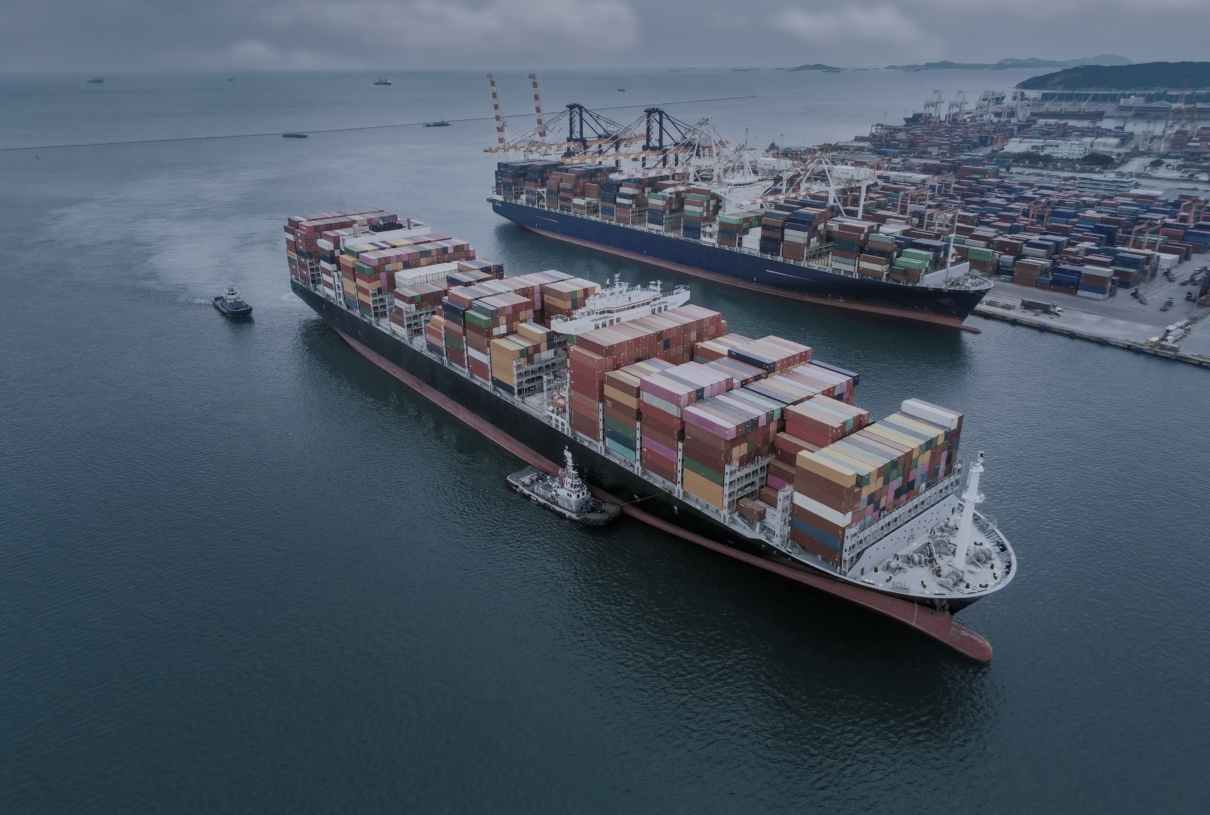Acting ethically and responsibly is a matter of course for most entrepreneurs. The concept of the “honourable merchant” goes back to the Middle Ages and still has an important meaning for German companies. However, Germany is very much involved in global divisions of labour and along the supply chains there are always grievances in the economic, ecological, and humanitarian spheres. This should change. With the Supply Chain Due Diligence Act, or Supply Chain Act for short, a law was passed that obliges companies based in Germany to implement defined due diligence obligations. It came into force on 1 January 2023 and aims to protect human rights along supply chains, improve working conditions and protect nature from harmful impacts. In concrete terms, companies should ensure that human rights and minimum standards such as the prohibition of child and forced labour are observed through responsible management of supply chains.
What does the LkSG mean for SMEs?
The law will apply to all companies with more than 3,000 employees from 2023. And then from 2024 for all companies with more than 1,000 employees. But: Until 30 June 2024, it will be evaluated whether the threshold value should be lowered further. So, it is possible that in the near future many more companies will be directly affected by the law. And as part of the supply chains, SMEs are also affected – indirectly! Because larger companies require their suppliers to monitor their supply chains, e.g., in the form of a supplier code or a compliance clause.
What do the companies affected by the LkSG have to consider? The companies affected by the LkSG must fulfil due diligence obligations along their supply chain – in their own business area, from the direct supplier and, if necessary, from the indirect supplier. The nature and scope of the due diligence obligations depend on many individual factors – such as the industry, the size and the influence of the company. The following due diligence obligations must be fulfilled by companies according to the law:
- Establish responsibility internally: Appoint a human rights officer
- Establish a risk management system: Establish risk analysis procedures, conduct regular risk analyses.
- Establish preventive measures within the own business unit as well as towards direct suppliers, e.g., through a supplier code, contractual clauses and control measures.
- Implement remedial measures for the possible or actual occurrence of breaches of duty (case management)
- Policy statement on human rights strategy
- Document and transparently report on the implementation of due diligence obligations.
- Establish complaints procedures (whistleblower system)
- Regular and ad hoc training of employees on guidelines and policies.
Companies must check for themselves whether the laws are being observed along the supply chain. The Federal Office of Economics and Export Control also checks compliance with the LkSG. If an incident occurs, i.e., if it becomes known that human rights have been violated within the supply chain, the company is obliged to take immediate action: If it concerns its own business unit, it must take corrective measures to ensure that the violation of rights is ended immediately. If it concerns the direct supplier, it must be clarified whether the infringement can be ended promptly. If this is not possible, the company must develop a concrete plan that shows solutions how human rights violations can be avoided.
Leading through Transparency
No question: The new Supply Chain Act brings many challenges. But it also offers the opportunity to improve competitiveness. Because the required transparency along the entire value chain has the potential to improve many areas along the supply chain management. Responsible and sustainable management strengthens relationships with suppliers and the company’s own image. At the same time, risks such as reputational damage are significantly reduced, and process innovations are driven forward.
As compliance experts, THE MAK`ED TEAM has extensive experience in the development and implementation of professional risk management systems and in the establishment of sustainable corporate structures. Whether CSR, ESG or Compliance Management: With our many years of international experience, we accompany medium-sized companies in the legally compliant implementation of the LkSG. And companies that are not directly affected by it secure an important competitive edge in this context with the early implementation of transparent processes, focused, sustainable corporate development and forward-looking Risk Management.


